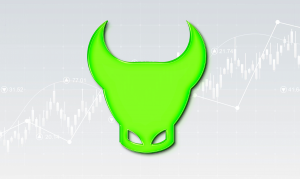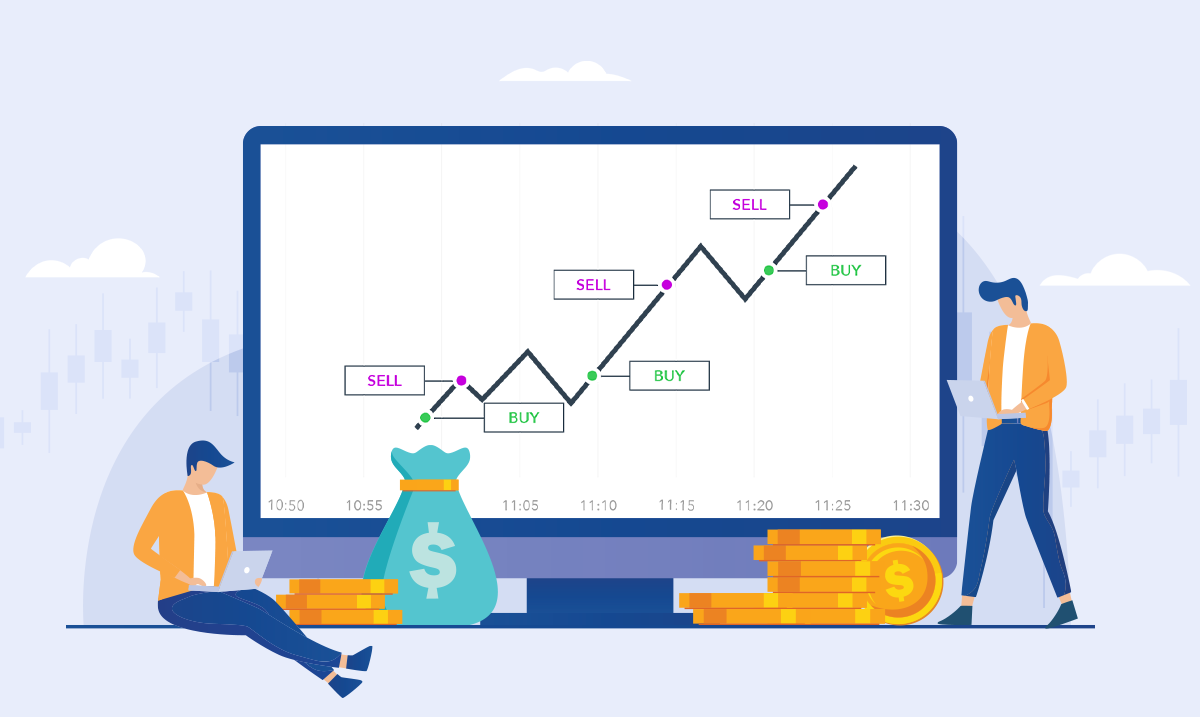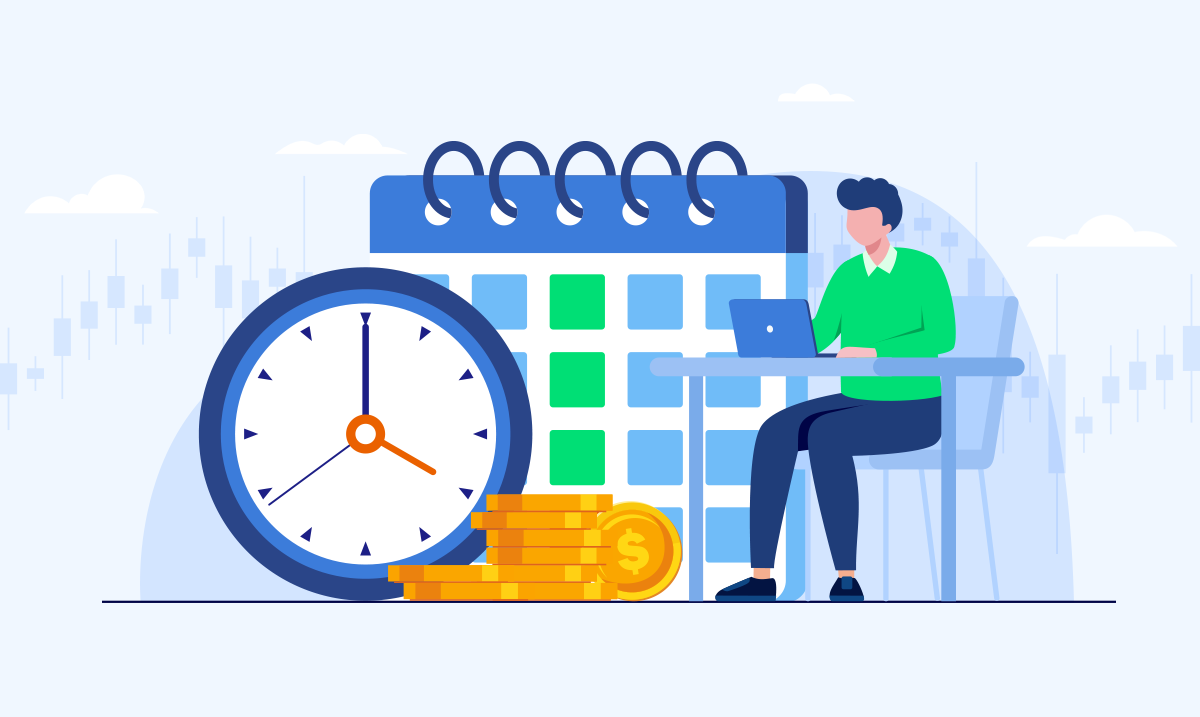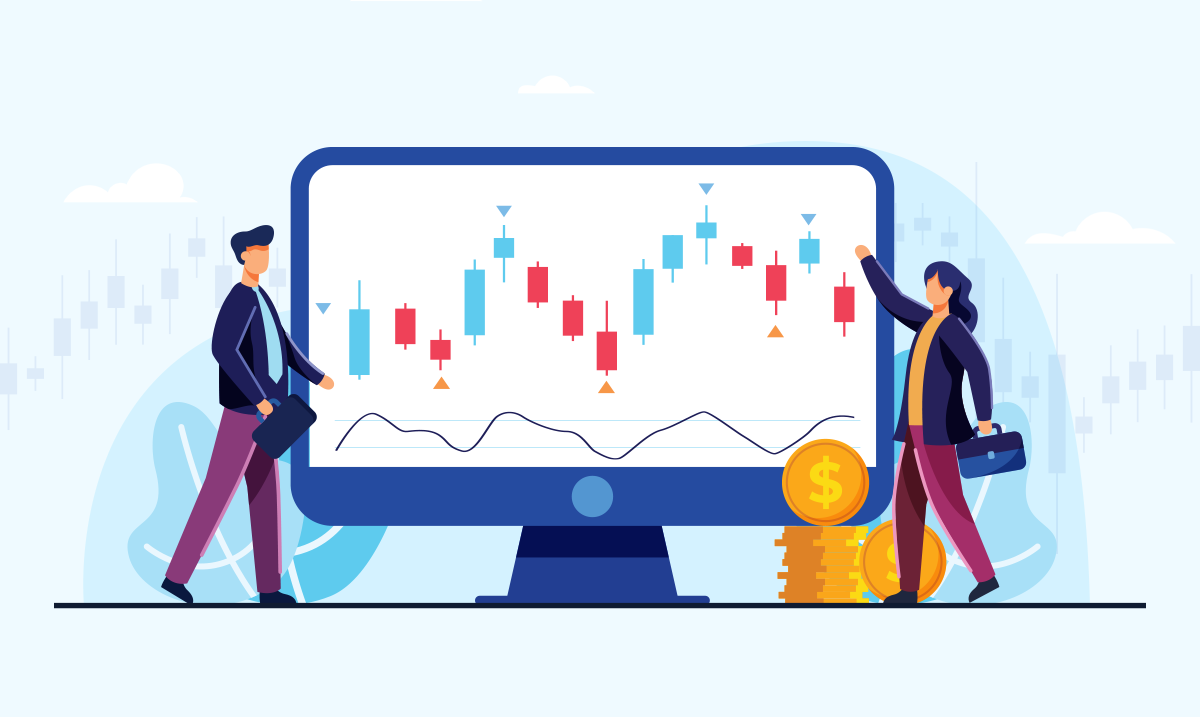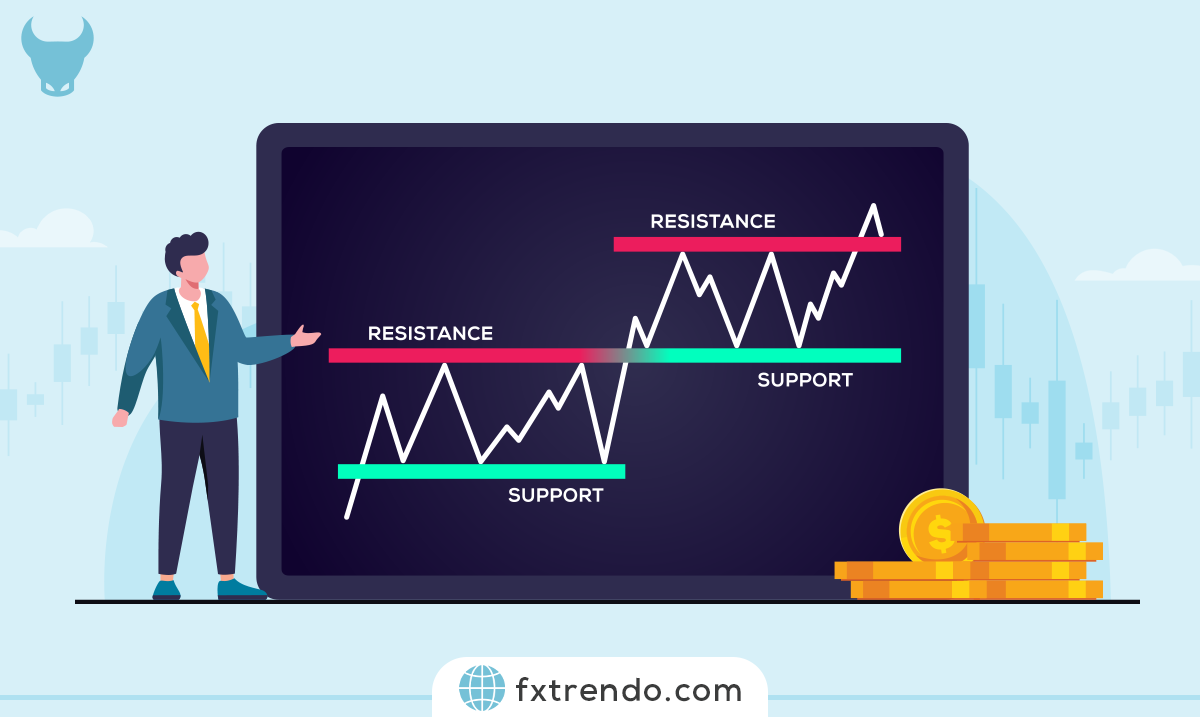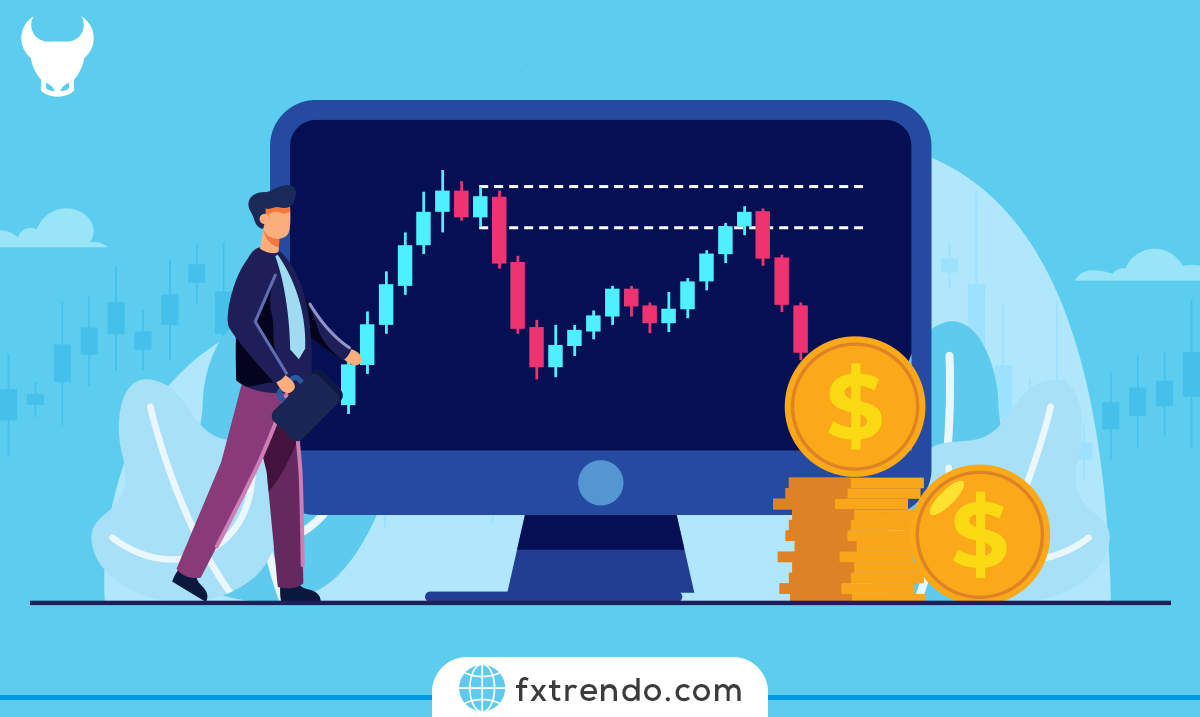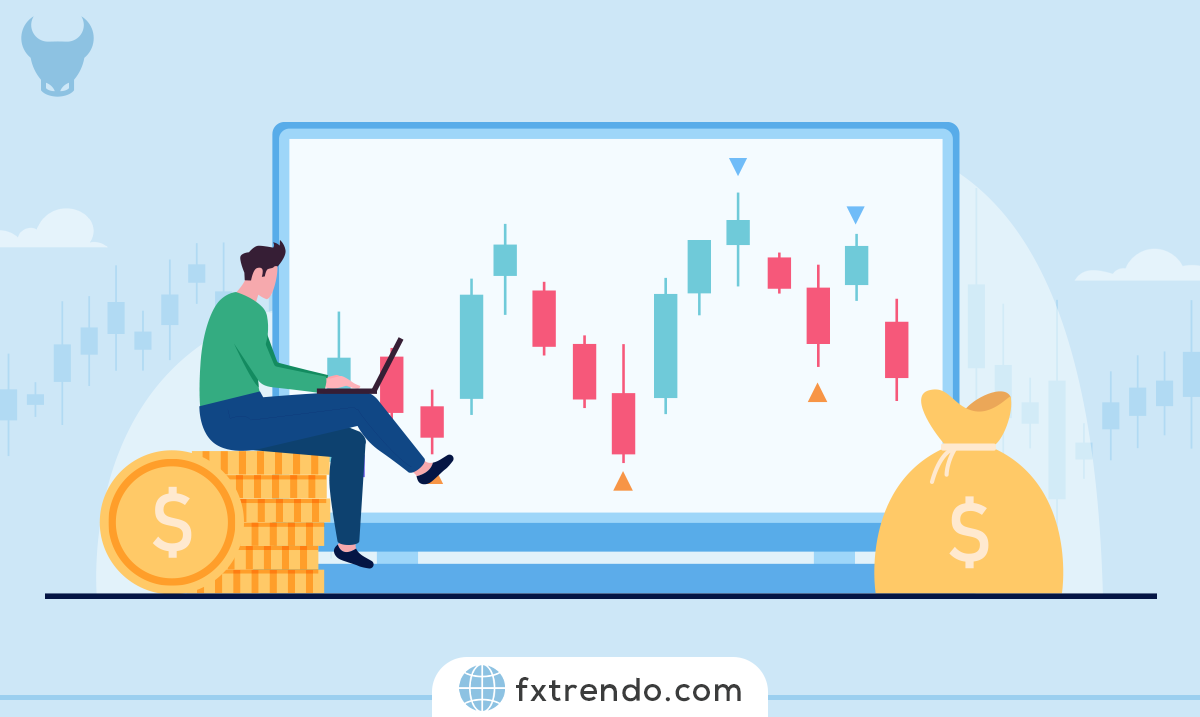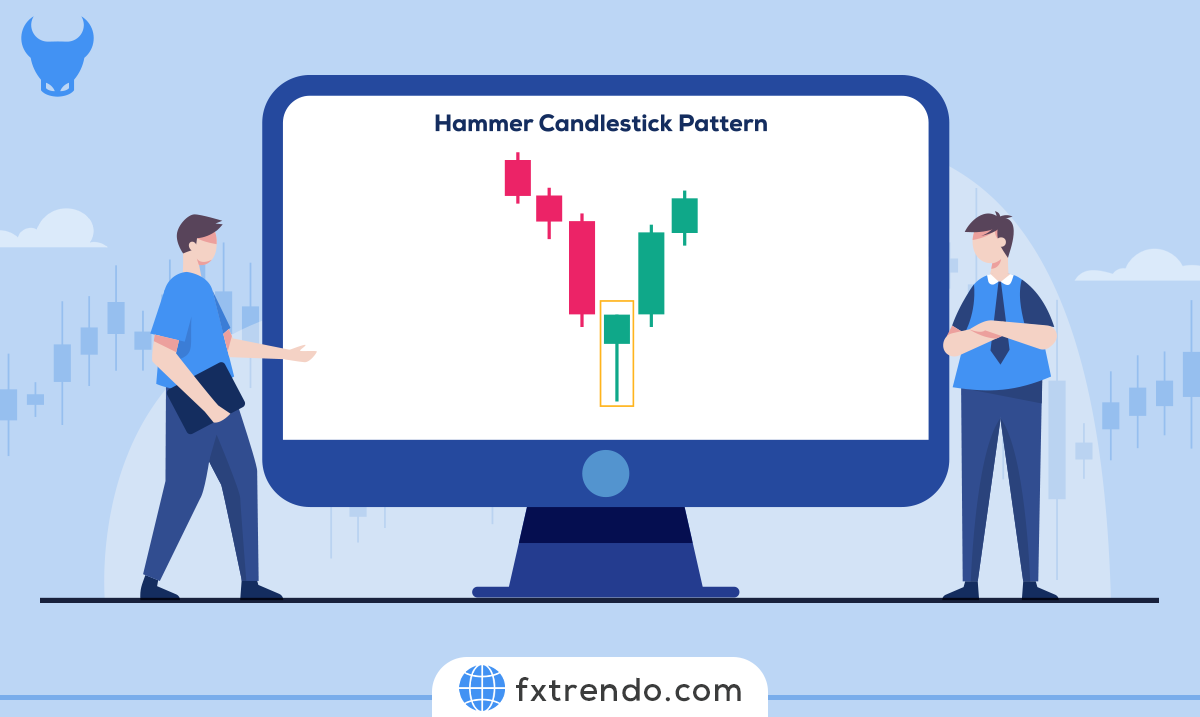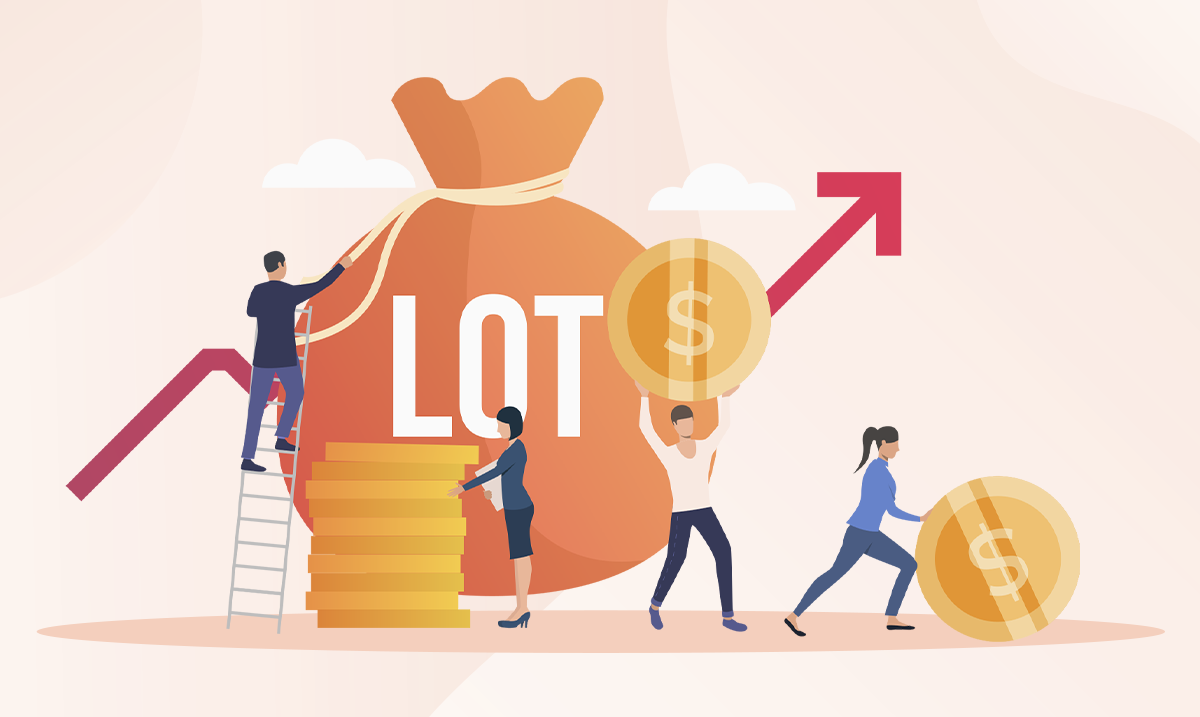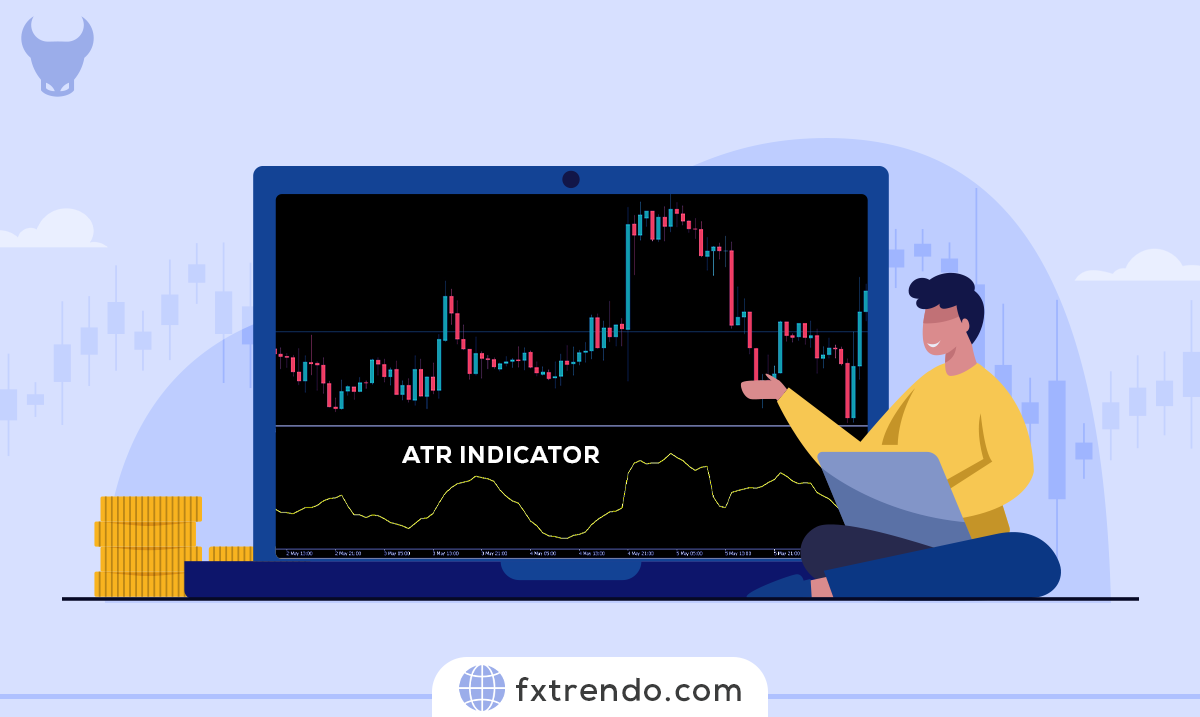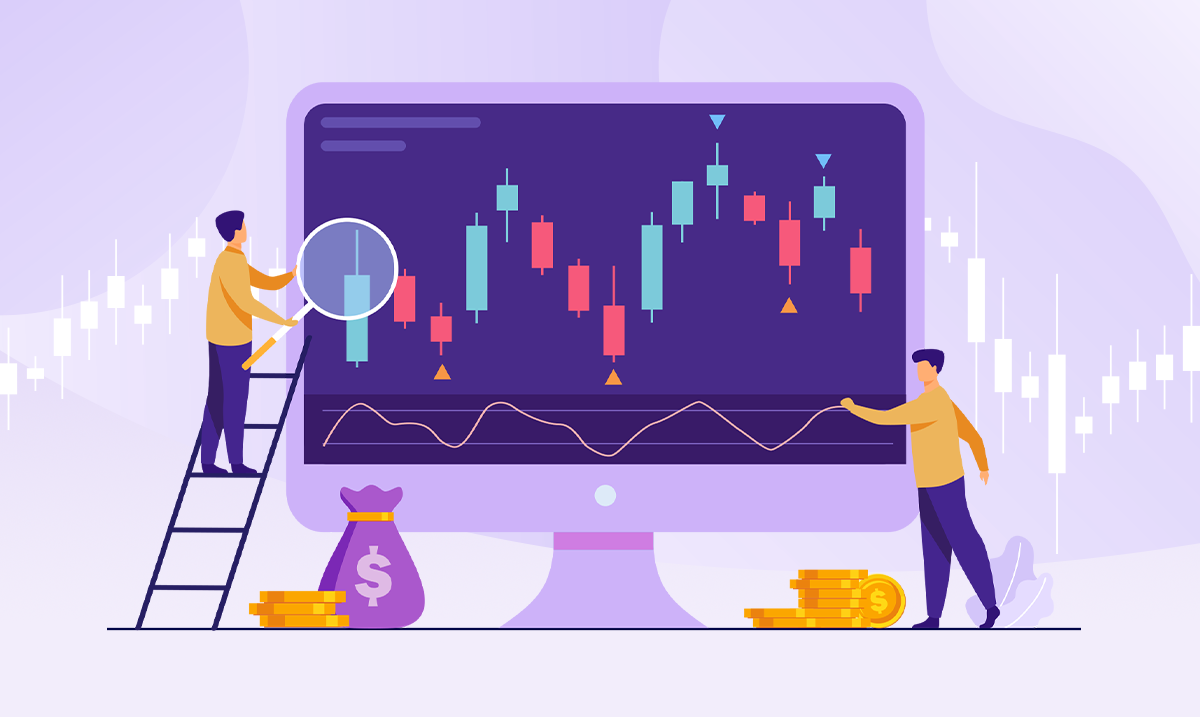What is The Producer Price Index (PPI) in the Forex Economic Calendar?


The Producer Price Index (PPI), which looks very similar to the Consumer Price Index (CPI), is also relatively important and influential in financial markets. This measure is used as a prominent indicator to forecast CPI and economic conclusions in the future. Hence, understanding the producer price index, its history, and the result of its impact on the market is significant for traders who trade based on fundamental analysis.
Contents
What is PPI?
As its name suggests, the calculation of this index is from the producer's point of view, that is, the manufacturer of goods and service providers. The producer price index measures the average selling prices of goods and services at the final production stage. In other words, this index is the average price at which the manufacturer sells its products and services to retailers, and then retailers take it to local markets and make it available to the public.
Understanding the difference between the producer price index and the consumer price index is crucial. CPI represents the cost at which goods and services are made available to the public. Hence, the CPI is a weighted average measure of the goods' cost price while the producer price index represents a weighted average of the goods' selling prices to retailers. CPI represents the cost that the consumer or end customer pays, and PPI represents the cost that the producer receives for his goods.
When a product is produced and sold, it incurs certain costs before it reaches the end consumer. These expenses include transportation fees, some specific goods and services taxes, storage costs, etc. Thus, the producer price index is a more primitive or crude form of the CPI, and both indicators have an inherent correlation. For this reason, PPI is considered an advanced signaling tool for evaluating CPI and making informed economic decisions by various groups.
Read More: What is Consumer Price Index or Inflation (CPI) in Forex Economic Calendar?
PPI Calculation
The Bureau of Labor Statistics (BLS) surveys almost all goods-producing industries and most service sectors. Over time, there will be more sections added. The PPI is calculated by BLS economists in the field by collecting data from all listed industries. These people collect data in various ways, such as on-site visits, phone calls, or emails. The producer price index uses a modified version of the Laspeyres index. It compares base period income with current period income for any given set of goods.
Producer Price Index = (∑QoPo (Pi/Po)) / (∑QoPo) ×100
where in it:
Qo = Quantity of goods shipped in the base period
Po = Commodity price in the base period
Pi = Commodity price in the current period
The above equation clearly states that items are weighted based on size and importance. The base price is equivalent to 100, which is from 1982. PPI is also published as a percentage increase or decrease from the previously published number, which may be monthly, quarterly, or annually.
Why is the PPI Important?
CPI measures consumer inflation, and PPI measures business or producer inflation. The producer price index is highly important. The first reason is the data history because the index data set dates back to the distant past. For example, the PPIFGS (Producer Price Index by Commodity for Finished Goods) dates back to 1947. With such massive data, the reliability of the dataset is high and usually portrays the country's macroeconomic picture and industrial health with good assurance. The following reason is that PPI is closely related to CPI in the sense that it is an index of the same goods in the early stages of the life cycle. While the CPI shows the statistics of a product near the end of its life cycle, the PPI shows the statistics in the early stages of the life cycle, which can be very useful. In this index, there are many subcategories in which certain goods and services are added or removed from the basket to provide a more accurate picture of the respective market in absolute or relative terms. For example, the PPILFE removes food, gas, and oil prices from the equation due to their high price volatility and measures absolute changes.
How to use PPI for analysis?
The way PPI is calculated is to provide information for all strata. One can analyze any industry by limiting PPI. There are generally three popular classifications:
Industrial Classification: the goods here are grouped according to the industrial sector. PPI publishes about 535 indices with more than four thousand specific product lines and product category sub-indices.
Product classification: items are grouped based on the similarity of goods and services in terms of their construction.
Product Demand-Based - Intermediate or Final (FD-ID): Here, goods are classified by consumer group and are one of the most widely used PPI statistics.
Due to the diversity in the statistics, different economists can isolate the PPI and use it for their purposes.
PPI is widely used for predicting the consumer price index. Manufacturers and artisans also use PPI to adjust the prices of the goods and services they buy or sell to avoid fixed pricing or unfair price changes during their trade contracts' duration with other manufacturers, which is usually long.
PPI Information Sources
The US Bureau of Labor Statistics (BLS) publishes all indicators as mentioned above on the site below.
You can also find these same indices with other information with a comprehensive and statistical summary of the various categories on the St. Louis Federal Reserve website.
How the PPI affects the Forex currency pair price after the news release
After understanding the definition and importance of PPI in a country's economy, we will discuss its significance in price charts. For analytical purposes, we consider PPI data from Japan, where a survey of major Japanese manufacturers provides the reporting data. Although PPI is a key indicator for the economy's manufacturing sector, currency traders do not consider it the most important economic indicator. In the image below, the Factory Production Index (BSI), with the PPI, measures business sentiment in the manufacturing sector.
PPI data is released by the Bank of Japan, which measures the change in the selling price of goods produced by Japanese companies. A higher-than-expected PPI is considered positive for the value of that country's currency, and vice versa. PPI data is released monthly, quarterly, and annually, but the most important is the annual data. The image below shows the latest Japanese PPI data released in March. As we can see, there is a lot of variation in the data from the "previous criterion" to the "forecast criterion" to the "actual criterion." That means that many other factors affect the manufacturing industry that is difficult for economists to measure.




The chart above is EUR/JPY, and since the Japanese Yen is on the right, the downtrend on the chart indicates JPY's strength. The reason for this downward trend before the news release is the expectation of an increase based on the PPI data forecast by the market players. Traders had expected PPI to be around 1%, down 0.5% from the previous announcement. Since the lower index is forecast, we should expect weakness in the Japanese yen, but 1% also seems to be a good PPI figure for the Japanese economy, so the trend is still bearish. We must remember that increasing the PPI number to increase the currency's value is not always necessary, but sometimes the data alone is significant.


After the PPI announcement, the price temporarily rises above the moving average line, and there is little change in volatility. Since PPI is not such an impactful event, volatility is expected. A decrease in PPI is considered a negative point for a currency's value, although the PPI has decreased, JPY has not weakened. Perhaps the secondary perception of the market is that although the PPI has decreased, these numbers are still high for the Japanese economy, so it has ultimately caused JPY to strengthen. As a result, we should not only pay attention to the news and statistics of data, but we should analyze the data in general, we must also use technical analysis to make trades. In this example, we can enter a buy trade in the market only if we get "reversion" signals, but we don't see such patterns. Therefore, we should look for continuation patterns and join the downtrend.




The images above show the GBP/JPY currency pair showing similar traits to EUR/JPY where the downtrend is much stronger. Since the bearish trend is prominent, only a much worse PPI than before can make the currency chart bullish. Even if the PPI were very low, the upward trend would not last because it is not a highly important measure of the economy. After the announcement, there is little impact on the currency pair's value, and the volatility is in the same range. The PPI data was almost what traders had predicted, and we can say that it was in line with market expectations. That caused the Japanese yen to strengthen further, and after a little stabilization, the downward trend continued. When the market falls below the moving average, one can open a "sell" trade with a stop loss higher than the "news candle."




This chart is the USD/JPY currency pair, the chart's traits are slightly different from the two charts above. Here we are not witnessing a downtrend, but rather a range trend. Since we are near the resistance zone, any positive news release for JPY should be seen as an opportunity for a "sell" trade in the currency pair. That is the way we should combine fundamentals with technical analysis. After the news release, we see no change in volatility, and the "news candle" leaves a shadow at the top of the screen. PPI data was again positive for JPY, where the price fell immediately after the "news candle."
Summary
This article is related to PPI and the influence of Forex price charts during the news release of this index. Although PPI as a fundamental index has relatively less impact compared to CPI, its release news affects price performance, and forex traders should avoid opening significant positions before PPI release.
Связанный пост
Самый посещаемый









